In This Article
- Verstappen's Contract and Mercedes' Pursuit
- Impact of Christian Horner's Exit
- Performance Challenges and Team Dynamics
- Regulatory Changes and Engine Developments
- Verstappen's Future Decision Factors
Key Takeaways
- Max Verstappen's contract with Red Bull extends until 2028, but Mercedes' pursuit and potential exit clauses create uncertainty about his future with the team.
- Red Bull's competitive edge has diminished since 2022, with McLaren currently leading Formula 1, raising concerns about Verstappen's ability to challenge for titles.
- The 2025 regulation changes present an opportunity for Red Bull to reassert dominance, though success depends on their ability to adapt faster than competitors like Mercedes.
- Red Bull's collaboration with Ford to develop a 2026 engine carries risks, as Mercedes may leverage its engine expertise to outperform Red Bull in upcoming seasons.
- The removal of Christian Horner addresses interpersonal tensions within the team, but Verstappen's ultimate decision will likely hinge on Red Bull's on-track performance and technological advancements.
As Laurent Mekies steps into the role of leading Red Bull's Formula 1 team, one of his primary challenges will be retaining Max Verstappen. The departure of Christian Horner has sparked speculation about whether this change increases the likelihood of Verstappen staying with the team or if concerns about car performance and team dynamics remain significant hurdles.
Verstappen, a four-time world champion, is currently under contract with Red Bull until 2028. However, Mercedes has been actively pursuing the Dutch driver, and there are believed to be mechanisms that could allow Verstappen to exit his current commitment if he so chooses. Horner's removal from operational duties at Red Bull may have been a strategic move to appease Verstappen, but its effectiveness remains uncertain.
Horner's exit does alleviate some tension surrounding Verstappen. The driver had been uneasy about the sexual harassment allegations against Horner, which were cleared in internal investigations last year. Additionally, Verstappen was displeased with the departure of chief technical officer Adrian Newey and the media attention that has surrounded the team in recent months.
While there was no evident personal conflict between Horner and Verstappen, the relationship between Horner and Verstappen's father, Jos, was strained. Jos, a former F1 driver and influential figure in his son's career, had previously suggested that the team would suffer if Horner remained in charge. With Horner now out of the picture, this particular point of contention has been resolved.
However, Verstappen's decision will also hinge on Red Bull's performance on the track. The team has seen a decline from its dominant form in 2022 and early 2023, with McLaren emerging as the current frontrunner in F1. Despite securing four pole positions this season, Verstappen has expressed dissatisfaction with the car's balance and its inability to compete with McLaren in races.
The introduction of new regulations next year offers Red Bull a chance to reset, but there is no guarantee they will regain their competitive edge. Moreover, the upcoming 2026 engine changes, which will increase the electrical component's contribution to power, pose another challenge. Red Bull is developing its own engine with Ford, but rumors suggest Mercedes may be ahead in this area.
Verstappen faces a critical decision: stay with Red Bull and wait to see if the team can regain its former glory or take a chance with Mercedes. While he may choose to remain cautious, his confidence in Red Bull's ability to compete will ultimately shape his future in Formula 1.
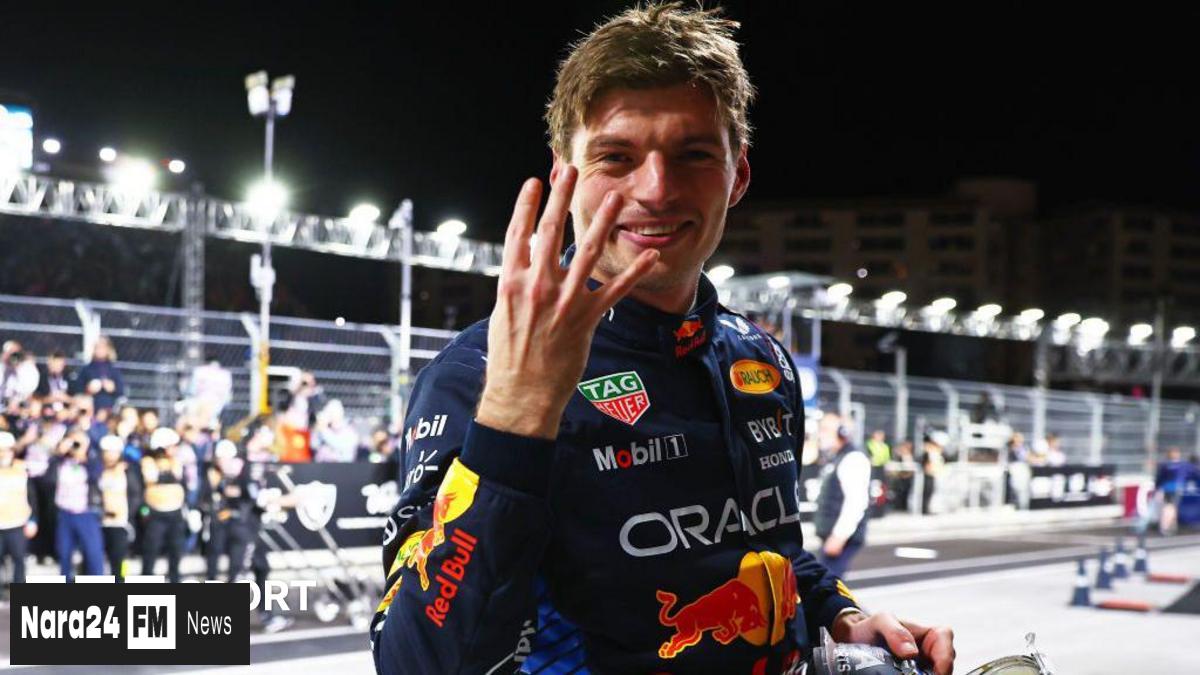
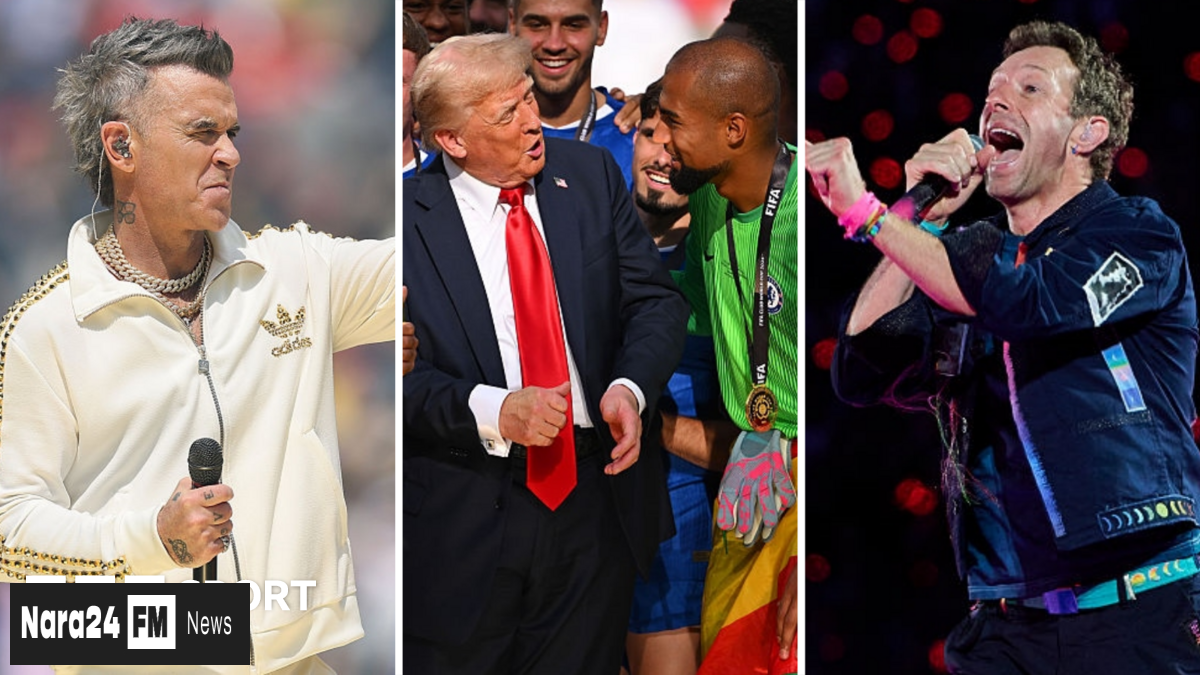
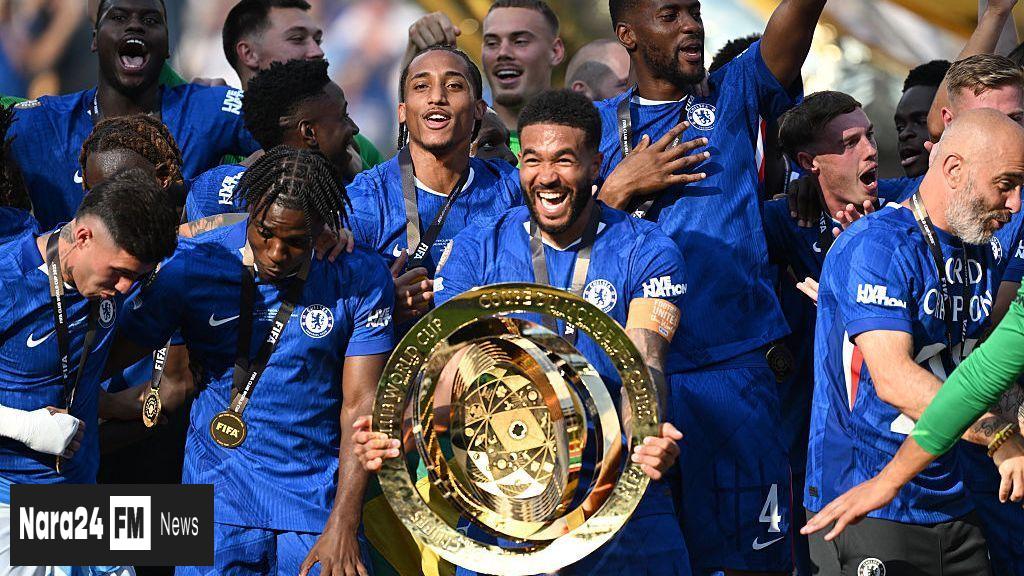
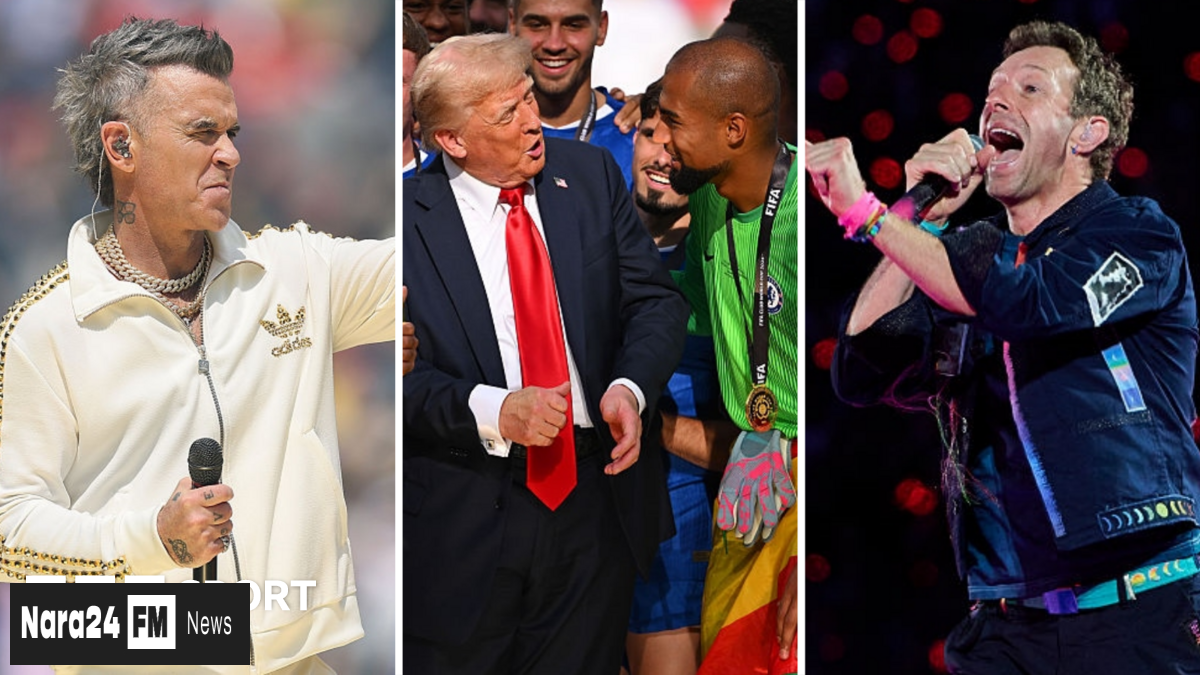


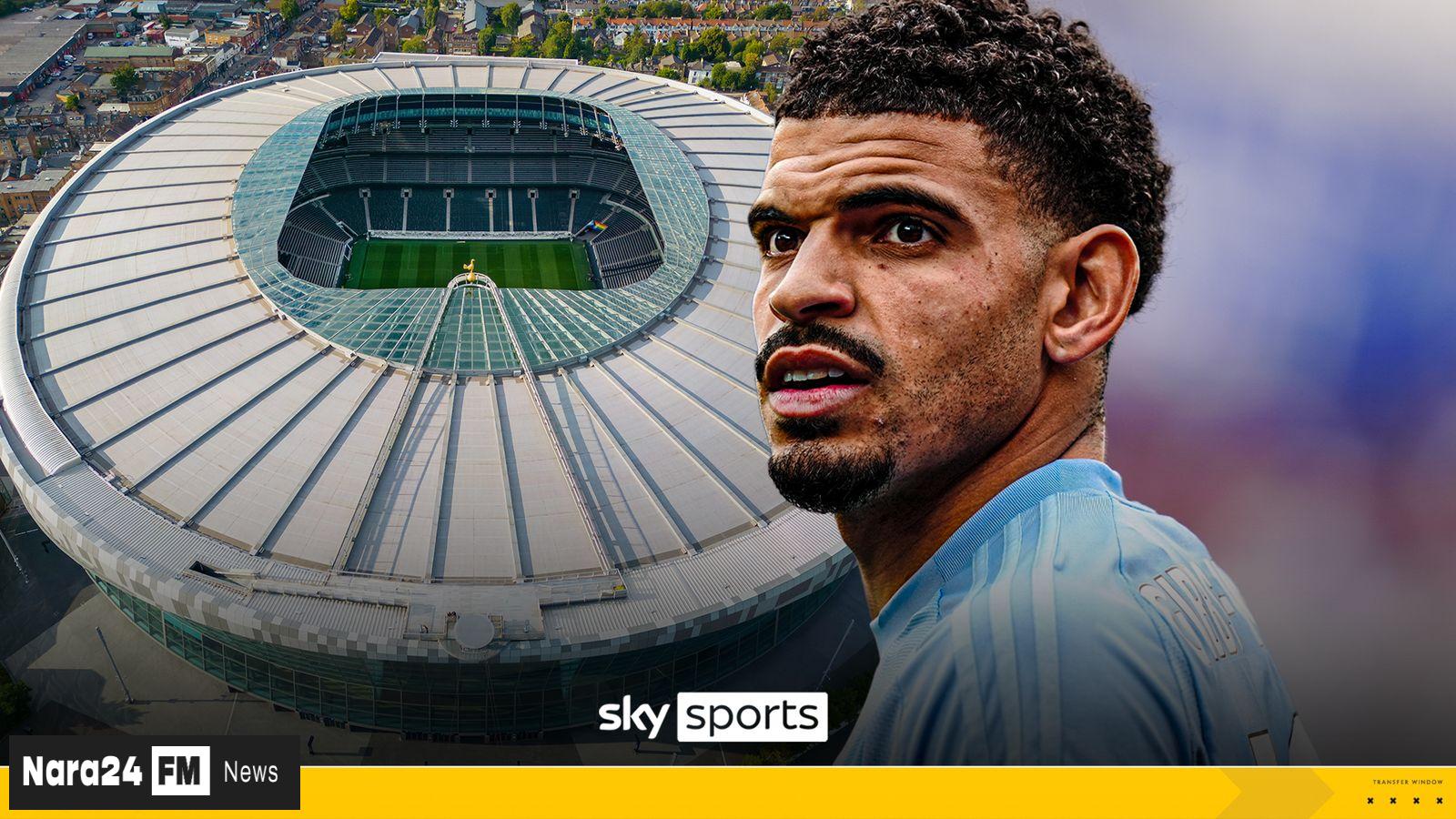

Comments (0)
Leave a Comment
Be the first to comment on this article!